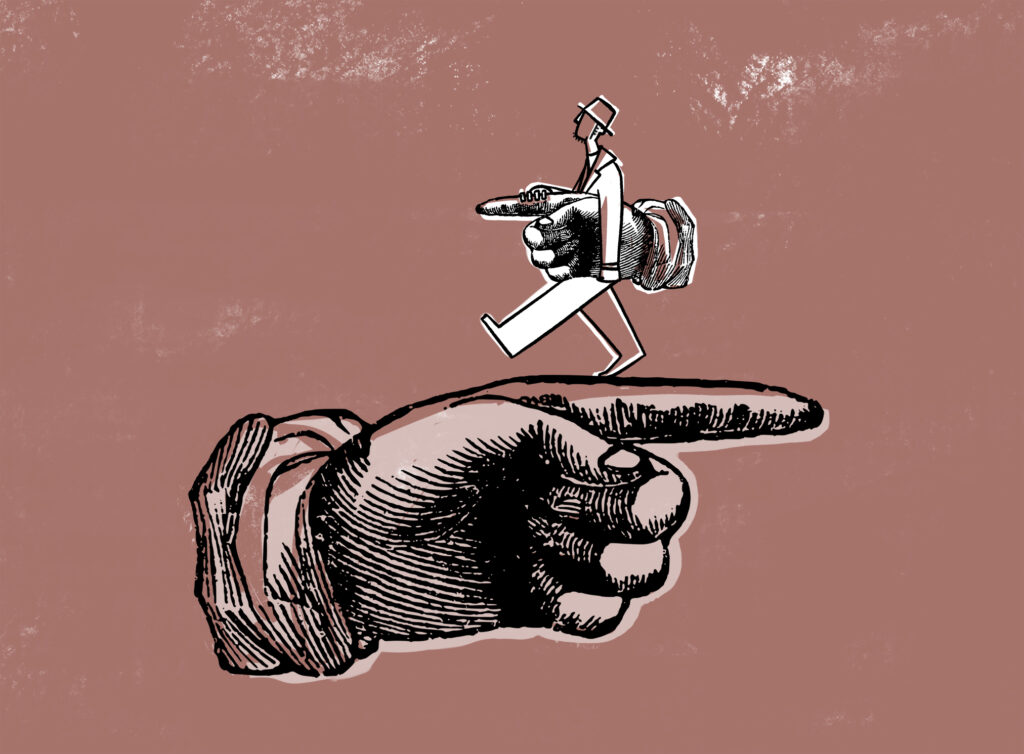
“One may well ask: “How can you advocate breaking some laws and obeying others?” The answer lies in the fact that there are two types of laws: just and unjust. I would be the first to advocate obeying just laws. One has not only a legal but a moral responsibility to obey just laws. Conversely, one has a moral responsibility to disobey unjust laws.”
— Martin Luther King Jr.
Once it becomes clear that our institutions and governments are failing us and time is running out, perhaps all that is left to do is to organise, refuse to cooperate and disobey.
While we must build a collective vision of a just future for people and planet, spending too much time on the impossible takes us away from the important work that needs doing in the present. As young climate activists keep reminding us, there is too much talking and not enough action.
With rising concerns about the mental health impact that the climate crisis is having on children (and many adults too), one often cited coping mechanism is to ‘get involved.’ But getting involved when we’re not certain it’s having a positive impact can itself lead to despair, cynicism and burnout.
And for good reason. Most of what we read in mainstream media is about what politicians are pledging to do, or about delusional inventions by tech billionaires and greenwashing by big polluters and the corporate system enabling their activities.
So what is left to do? According to writer Chris Hedges, we have to rebuild movements and carry out militant acts of civil disobedience. And we are not talking about marching with signs. “[C]ivil disobedience means breaking the law. It means disrupting the system, non-cooperation, it’s like Extinction Rebellion, shutting down capital cities… We don’t do civil disobedience on their terms, we do it on ours,” he says.
It was Henry David Thoreau whose 1849 paper Civil Disobedience would come to inspire many generations of activists, from Gandhi to Martin Luther King Jr. He wrote his paper after being briefly imprisoned for refusing to pay his taxes as these would contribute to the expansion of slavery and the war that the United States was waging against Mexico.
While Thoreau’s core activities were not political activism, he insisted that if unjust laws required us to be an agent of injustice, then we must break the law. “If I devote myself to other pursuits and contemplations,” he wrote, “I must first see, at least, that I do not pursue them sitting upon another man’s shoulders. I must get off him first, that he may pursue contemplations first.”
More than a century later, Hanna Arendt expanded on Thoreau’s ideas of civil disobedience to suggest that acts of law-breaking count as civil disobedience when they are performed for a public good, when done openly and publicly. She believed that civil disobedience was a tool for citizens to fight injustice, to reclaim thought and take responsibility; laws, she said “can indeed stabilize and legalize change once it has occurred, but that change itself is always the result of extra-legal action.”
We can find inspiration in many acts of civil disobedience today: from Greta Thunberg’s solitary school strike that grew into the worldwide Fridays for Future movement, to Indigenous activists at Standing Rock opposing the Dakota Access Pipeline, to Vandana Shiva standing up to Monsanto to protect India’s food sovereignty.
What these stories of disobedience have in common is that they started small and local and grew into powerful movements due to persistence and perseverance. But they also appealed to our imagination while highlighting widespread injustice. In the words of Thoreau “[f]or it matters not how small the beginning may seem to be: what is once well done is done forever.”
So how can we refuse to cooperate and disobey? Not all forms of non-cooperation or disobedience require us to put our bodies on the line. Perhaps this could begin with another form of questioning, of refusing to operate by the rules, of rewriting our own rules?
The key for those of us whose purpose it is to contribute to change is ensuring our actions – as organisations, but also as individuals – feed into greater collective efforts. But also, importantly, that we are willing to deeply question, first of all, whether, as Thoreau said, we are sitting upon someone else’s shoulders.
Words, Veronica Yates and illustration Miriam Sugranyes
For references and resources to inspire your own disobedience, go here.
